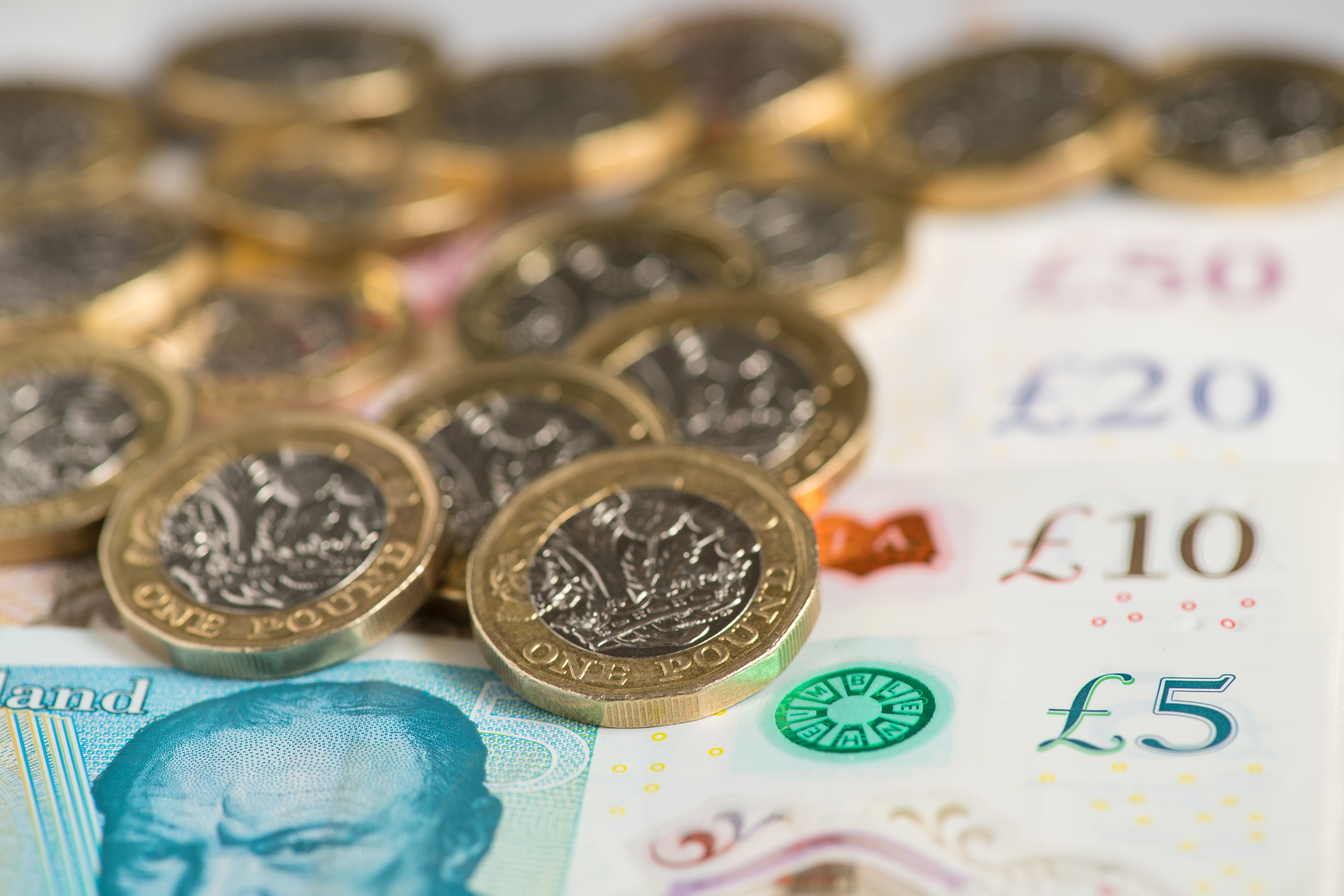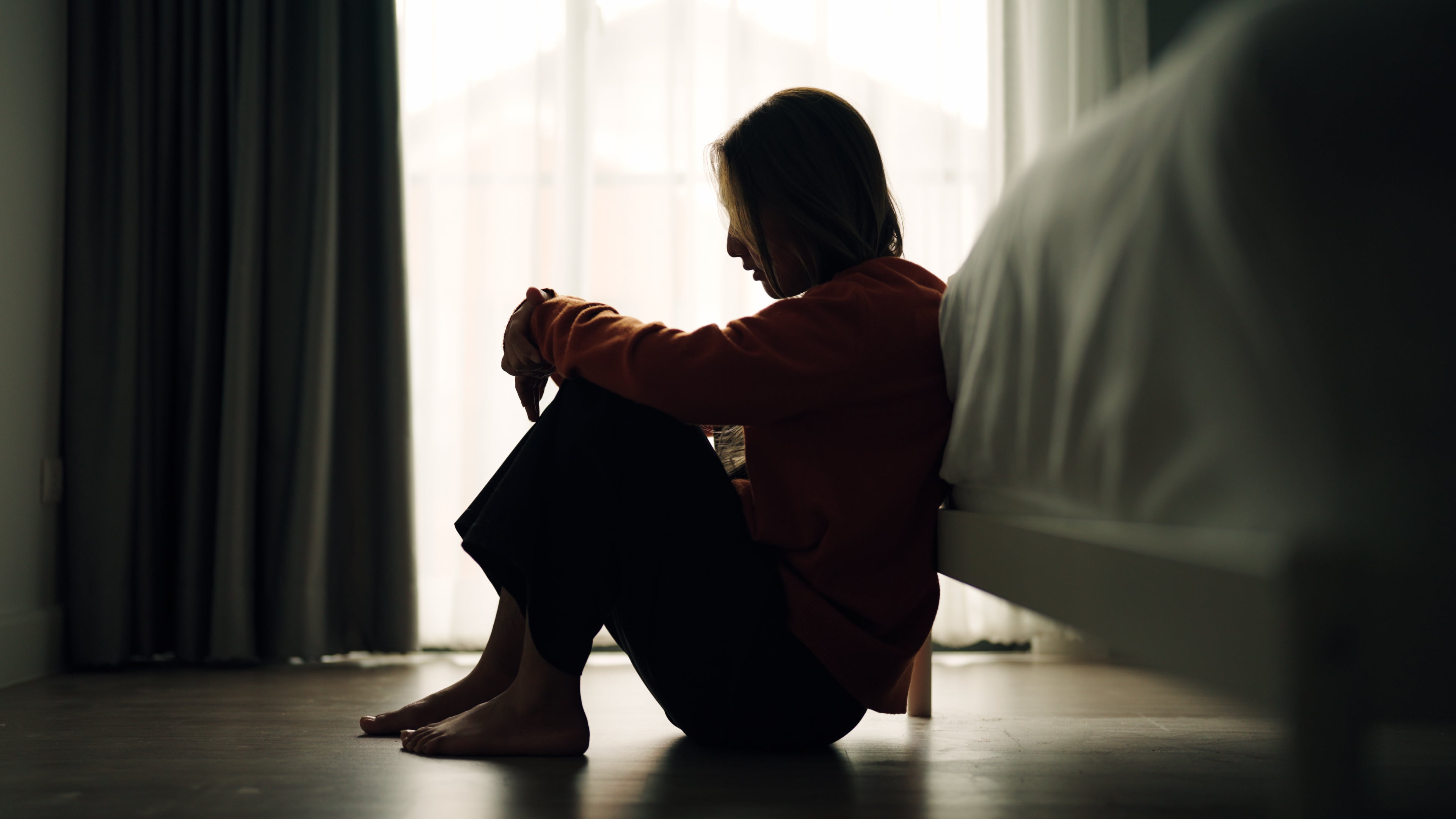ARTICLE AD BOX
When Sierra* escaped an abusive relationship in 2019, it cost her tens of thousands of pounds.
She had to move with her children four times in three months to escape her abuser – and when she suspected he had attached a tracker to her car, she had to spend thousands to buy another one.
“My ex ended up getting hold of my new address and it became impossible to get away from him,” she told The Independent.
“I had to move house four times in a matter of three months, and the children had to go to school every day, so I needed a car.”
As years passed, the legal costs of acquiring an injunction against her abuser and providing for her children pushed her into £40,000 of debt.
She added: “All of the debts I accrued were because of domestic violence. I went to the advice bureau centre and said I was really worried because my debts are going up. I told my support workers as well, but I felt like I didn't have any support.”
Sierra, whose name has been changed to protect her identity, then came under yet more financial pressure as 0 per cent interest rates on her credit card policies expired, and she faced losing crucial child support payments for her daughter, who would soon turn 18.
After searching for a solution, she was told she qualified for a Debt Relief Order (DRO) – a way of writing off debt if you cannot pay what you owe.
But the initial feeling of relief soon faded when she was told the order would place her personal details, including her address, on a public government Individual Insolvency Register.

The only way to avoid this was to apply for a Persons At Risk of Violence (PARV) order so she could stay anonymous, which she was told would mean paying a £308 fee and a wait of up to 20 weeks for it to be approved.
She knew she could not wait for the PARV order to be approved by the court, as interest rates would mean she would tip over the £50,000 limit to qualify for debt relief.
This left her with a choice. She had to either remain in worsening financial debt - or take a risk that her abuser could find her address.
“I didn’t even know that your name goes on some sort of register where anyone can just look up,” she said.
“I was very scared because I know what I’ve gone through and the kind of dangers I was putting myself into. But I literally had no choice. Because if I waited another month, I wouldn’t have been eligible for debt relief.”
She decided to go ahead with the relief order without the PARV. It was approved later, but by that time, her address had been public for several weeks - during which time she said she was “terrified” and “panicked”.
As she was on universal credit, her £308 fee was waived, but she said she would not have been able to afford it if she had to pay for it.
“It’s shocking. You’re applying for a Debt Relief Order but you’re forced to go into further debt to pay the fees,” she said.
“The reason someone is coming to them for help is because they have no money. To tell someone in that situation to come up with £308 doesn’t make any sense.”

Sierra is one of some 1,500 victims of abuse that Money Wellness - one of the two government-commissioned Debt Relief Order hubs in the UK – supports each year.
They are calling for the insolvency register to be made private altogether, or for the £308 fee to be waived and the process taken out of court.
“To enter into a Debt Relief Order, you have to have less than £75 a month available to you. But the fee for the PARV order is £308 - which is just out of reach for the people we’re supporting. And then to get a PARV order, you have to explain to the court the reasons why, and that can be quite traumatic.”
She added: “Sometimes they have to make a really difficult choice between their safety and being able to resolve their debt quickly.
“If they’ve got an emergency like they are facing eviction or they’ve got an enforcement agency coming to collect goods, they’re forced into a position of having to put their personal safety at risk if they need the order quickly.”
Their campaign is being supported by MP Emily Darlington, who took part in a roundtable last month alongside domestic abuse charities Women’s Aid and Refuge.
Survivors should not be penalised for debt accrued because of abuse and no survivor should have to pay for their personal information to be kept private if they go through any kind of insolvency
Francesca Ferrier, economic abuse and empowerment lead at Refuge
Francesca Ferrier, economic abuse and empowerment lead at Refuge, said it was “essential” that the government abolishes the fee.
“The racking up of debts in a survivor’s name is a common tactic used by perpetrators of domestic abuse and it is unacceptable that survivors must pay over £300 to obtain an anonymity order when they make a legal claim for debt relief,” she said.
“Without paying the fee for a PARV order, a survivor will face having their personal details published on the public Individual Insolvency Register. This puts them at risk of discrimination as well as future abuse from their perpetrator, often with devastating consequences for their mental health, wellbeing and finances.

“Survivors should not be penalised for debt accrued because of abuse and no survivor should have to pay for their personal information to be kept private if they go through any kind of insolvency. Not only does this exacerbate a survivor’s precarious financial circumstances, but it is tantamount to a survivor having to pay for their personal safety.”
It is understood that the government is currently reviewing the charge for PARV orders to improve access to justice, particularly for those at risk of harm.
A government spokesperson said: "Brave survivors of domestic abuse deserve all the support they need as they seek to rebuild their lives. We’re currently reviewing this matter and will update in due course."
In April, the keys to the first of two safe havens built by The Independent’s Brick by Brick campaign for women fleeing domestic abuse were handed over.
Construction of the first purpose-built safe house was completed, after the hugely successful campaign launched in partnership with leading domestic abuse charity Refuge was backed by readers, politicians, royalty and celebrities.
Stories of the reality of domestic abuse, including brave survivors such as Esther who spent a week held hostage in her own flat, kickstarted a national conversation about the prevalence of domestic abuse in the UK.
The national domestic abuse helpline offers support for women on 0808 2000 247, or you can visit the Refuge website. There is a dedicated men’s advice line on 0808 8010 327









 English (US) ·
English (US) ·